The Best Defense Is a Good Offense: C.S. Lewis’s Abolition of Man

A new critical commentary on Lewis’s classic 1943 work provides a treasure trove of interpretation and supplementary material. Lewis’s warnings about the consequences of jettisoning natural law—what he referred to as the Tao—remain as trenchant today as they were when delivered during the Second World War.
Rejecting the Culture of Authenticity

Unless and until the excesses of authenticity culture are able to be moderated, we can expect the widespread relational fragmentation, loneliness, and loss that flows from it to continue unabated. Nevertheless, authenticity should not be discarded as an ideal. Instead, we must articulate a more constructive and reasonable conception of authenticity that can be passed on to the next generation.
Repudiating Roe (Part II): The Pernicious Doctrine of Stare Decisis

The doctrine of stare decisis is a dangerous tool, malleable, and peculiarly susceptible to manipulation and abuse. It entices and deceives. If just two justices compromise their principles and betray the Constitution, Dobbs will be lost. If so, Dobbs will displace Casey as the worst Supreme Court decision of all time, and the justices rendering it will merit the most severe condemnation of history. But if the Court overrules Roe and Casey, the Dobbs case would rank among the most magnificent decisions in the Court’s history.
Repudiating Roe (Part I): The Most Important Abortion Case in Thirty Years
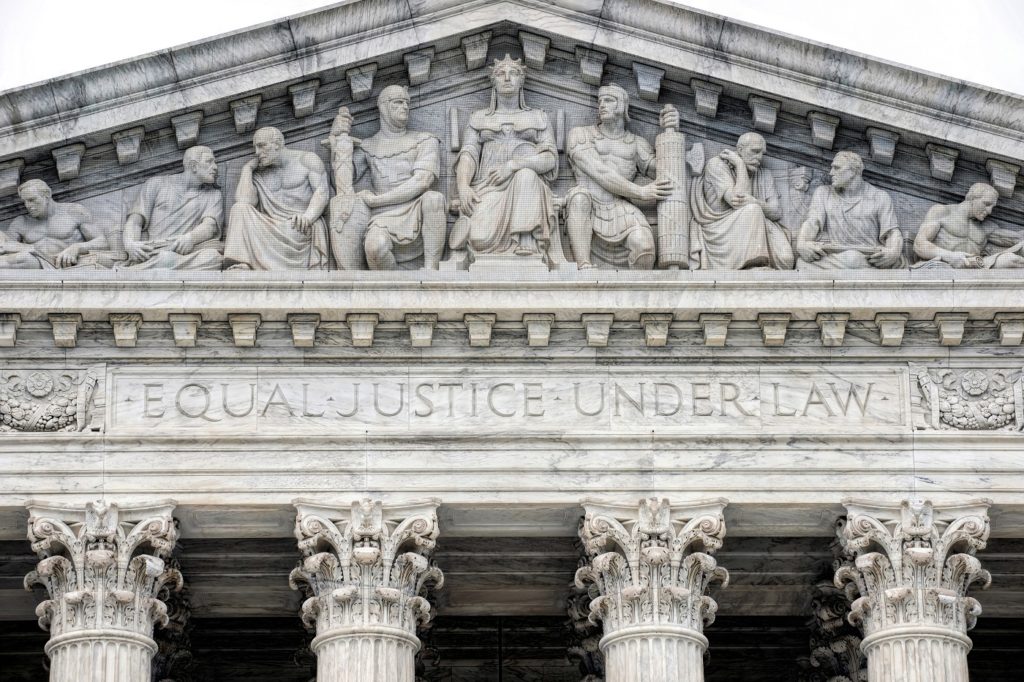
This is a signal moment in America’s constitutional history. One of the most notorious decisions in the Court’s history is likely either to be repudiated and overruled—discarded, finally and definitively—or else reaffirmed and entrenched, perhaps permanently. The stakes could not possibly be higher.
The Death of Gratitude in the American Classroom

Encouraging people to be gracious, and to recognize what others have provided them through no merit of their own, is not about “guilt tripping” them. It is to encourage a particular way of existing in the world. Gratitude acknowledges the plenitude of goodness that surrounds us every moment of every day in millions of small acts of people we do not know.
Our Self-Defeating Pursuit of Happiness

Written in an engaging and compact style, Benjamin and Jenna Storey’s new book is essential reading for all observers of the persistent, often hidden, but increasingly visible unhappiness of contemporary life.
Taking Literature Personally

Truth is not something “out there,” but a relationship between person and thing. Good literature arises out of that relationship, telling truths in a personal way, making the world it reflects more personal.
Nominalism, Nihilism, and Modern Politics

The belief that human beings and human communities can be rearranged in any way that suits our creative fancy is, as the examples of Nazi Germany and the Soviet Union show, an invitation to tyranny and disaster.
Why We Opposed an Anti-Abortion Resolution at the Southern Baptist Convention

The resolution on abortion that was passed at the annual meeting of the Southern Baptist Convention in Nashville was well-intended but woefully flawed. It offers no exception for the life of the mother, and it opposes incrementalism. Those two items are serious shortcomings that would lead to the loss of more innocent lives, not fewer.
National Reparations Can’t Create Justice, But Local Ones Might

Reparations for racial injustice are necessary, but they will be effective only on a local level, not a national one.
What Are Bodies For? Beyond Bathrooms and Women’s Sports

When gendered embodiment is treasured, maleness and femaleness are understood not as acts we perform, but as our very bodily essence. Being a man or a woman is not simply what one does, it is who one is.
God and Public Reason
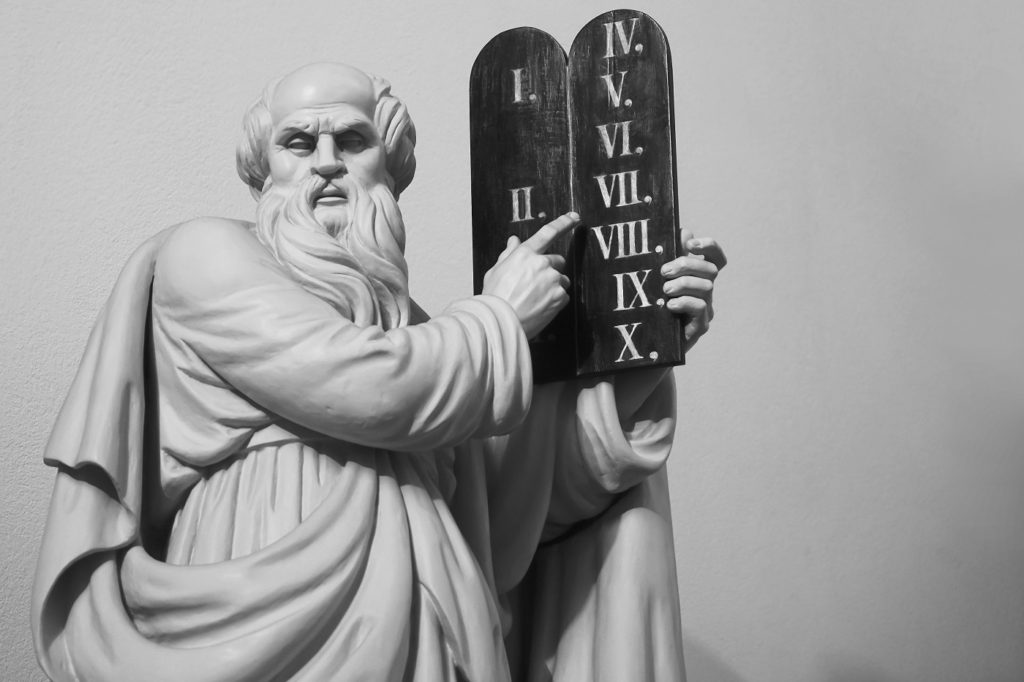
Who would deny that liberalism is falling apart, that the center is not holding, or that a vindictive and evangelistic progressivism is afoot? If so, the natural law cannot but feel like feeble comfort. Still, some of us are unwilling to reject public reason or the hopefulness of John Courtney Murray, for we never assumed his optimism was naivete.
When Marriage Becomes a Private Matter

My marriage is an entity with ramifications and consequences that echo outside our home. The same is true in reverse: what happens in other marriages can affect ours. A marriage needs friends, and it can likewise supply friendship to others’ unions.
How (Not) to Promote Human Dignity through Higher Education

The Western liberal educational system preaches diversity and freedom, but it does not show students how to live them. It mass-produces people who lack the tools to appreciate the dignity of human beings in all their rich variety.
Irony That Gives a Damn

The question is not whether we will wrestle with the morality of art, but how artful our wrestling will be. Irony is not an essence or an end: irony is a means toward other aims. By nature, it appeals to our moral sensibilities, even if at its most mature it does so indirectly.
“He Knows What He Is About”: Living a Life That Matters

How does each and every one of us live a life that matters, that makes a difference, that has meaning, purpose, and value—and that ultimately will be a happy life in the rich sense of the term, that will be blessed? This essay is adapted from a commencement address delivered at The Mount School, a high school operated by the Bruderhof Community in New York, on June 4, 2021.
Of Cults and Cultures

When things are falling apart, anything that stays together starts to look strange. Vows, habits of self-discipline, manners of dress and address—all the essential elements of cultural formation—can come to seem like the arcane demands of a cult. To rebuild our common life, we will have to learn to distinguish between mindless cults and mindful cultures.
Europe and America after COVID: An Interview with Pierre Manent

I would venture to say that Europeans and Americans are confronting a spiritual conundrum. How does an immense civilization examine its conscience? How do nations and societies confess and atone for their sins?
No-Fault Divorce Is Not the Right Way to Achieve “Therapeutic Justice”
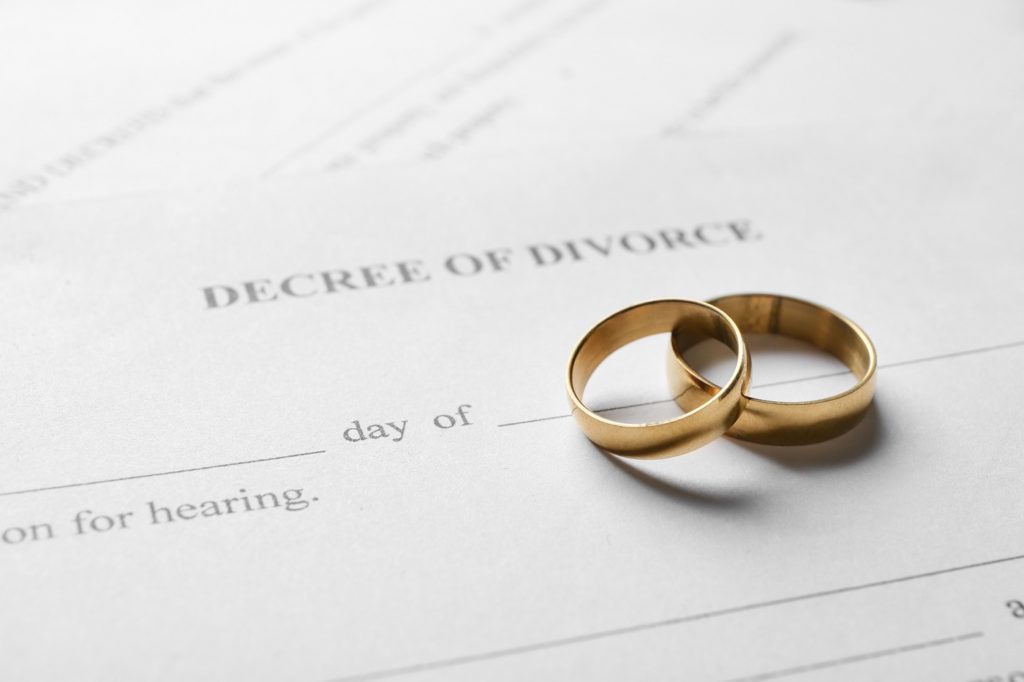
While it is good that legal systems have become more sensitive to the psychological effects of the law on participants in the legal process, we should be wary of claims that assert that no-fault divorce is “therapeutic” for divorcing couples or their children. Advocates for the sanctity of marriage across the globe should pay close attention to this shift.
To Find Your Life’s Mission, Follow Your Questions
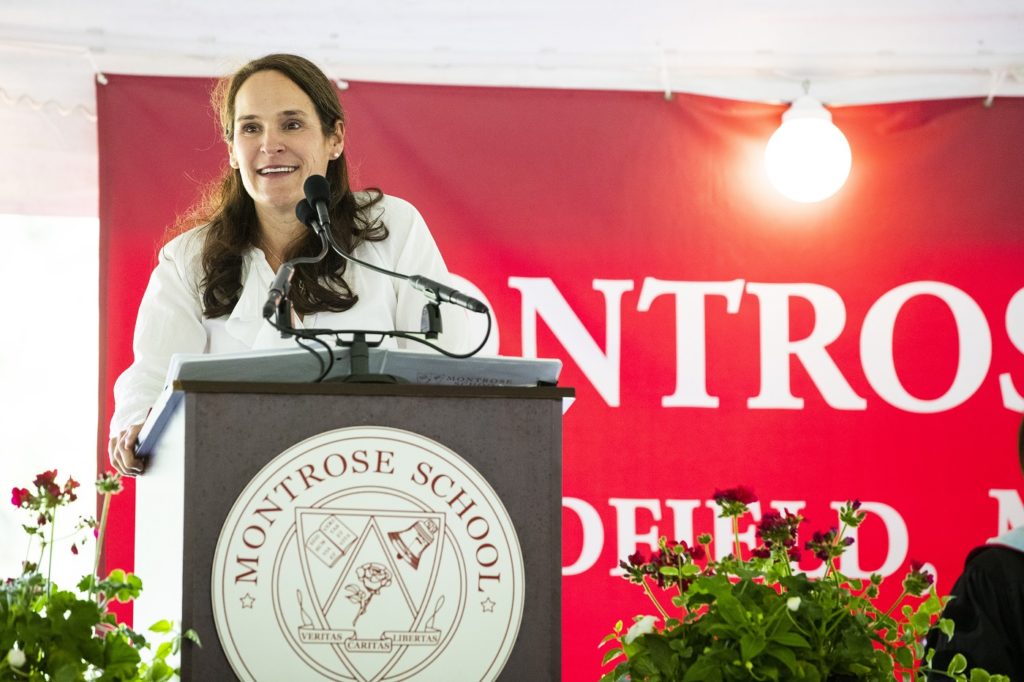
What are the small and humble questions that should animate all human lives, that work to reveal to us little by little our unique mission? Questions like these: “Who or what am I responsible for today? How can I use my time well? What ought I do in this situation? How do I treat this person with the love and dignity she deserves?” We find our life’s mission not by seeking after some “castle in the air,” but by fulfilling the very concrete duty of each moment, one moment at a time.
Why We Should Push Back against Platonic Marriage

Sex makes marriage much more than just friendship with “benefits.” The sexual excitement, the powerful bonding, the oneness, the potential creation of human life, even the vulnerability—all of this alchemizes friendship and sexual attraction into marriage. We have been separating sex from marriage for decades now, with foreseeable destruction. This latest innovation adds more fuel to the inferno.
A Theological Defense of the Liberal State

Andrew Walker’s new book provides biblical-theological resources for navigating an increasingly anti-Christian culture in the West, especially the United States. Baptists have been here before, prior to the Act of Toleration in England and the First Amendment to the US Constitution. They flourished in the midst of hostility as a countercultural force for the common good. We can too.
Critical Race Theory: Plundering the Egyptians or Worshiping Ba’al?
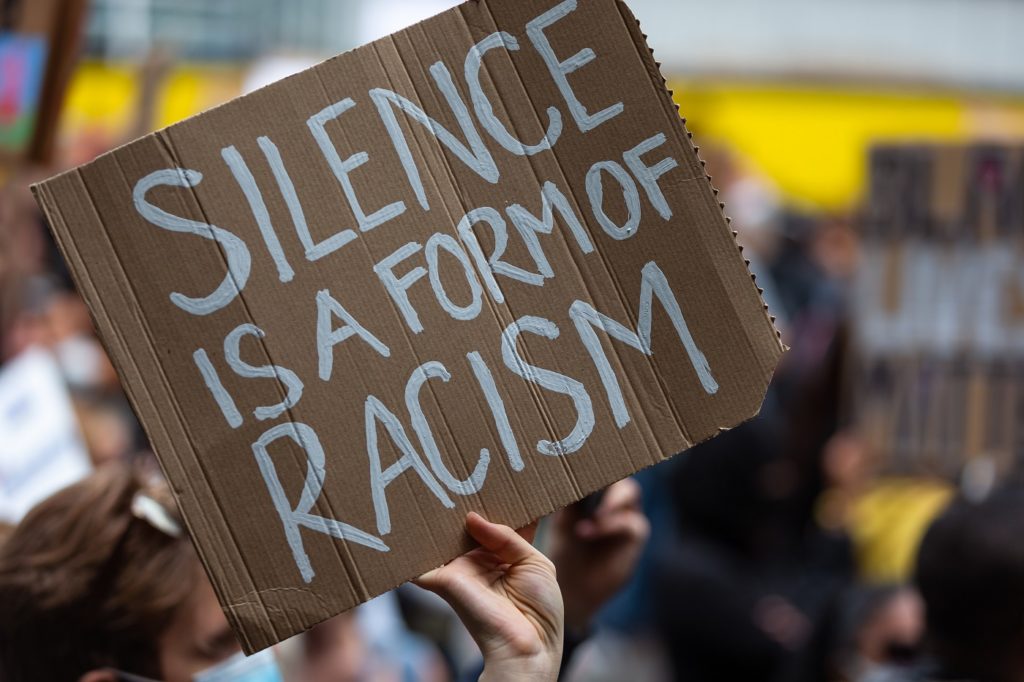
Critical Race Theory rightly calls us to recognize that the effects of sin can be magnified throughout the institutions and social structures erected by individuals, leading to social systems that embody unjust racial prejudices. However, by focusing on sin as embodied with or without intent in social systems, proponents of CRT lose sight of what makes sin so wrong in the first place: that individuals who bear a moral accountability before God break his moral law.
The Bookshelf: Essential Reading on Religious Freedom

Every “no” to the state in the name of religious conscience is predicated on a greater “yes” to a power higher than the state.




